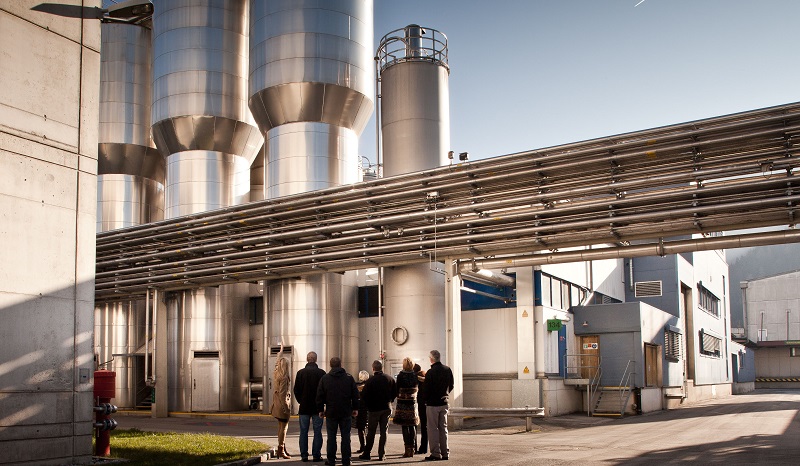Sandoz reorganizes and strengthens the manufacture of antibiotics in Europe

Sandoz, a division of Novartis, is strengthening its European antibiotic manufacturing network by increasing production capacities in Kundl, Austria and Palafolls, Spain. As part of this network modernization plan, Sandoz will phase out the current production of oral APIs at the Franqueses site in Spain, which it plans to close in 2024.
In line with plans announced with the Austrian government in July 2020, Sandoz will invest more than € 100 million to introduce new manufacturing technology for the production of oral amoxicillin. This investment will allow Sandoz to position Kundl as an end-to-end antibiotic supply site in Europe, covering all stages of production from API to Finished Dosage Forms (FDF) for many leading antibiotics. The Kundle site strengthens the integrated manufacturing of antibiotics in Europe in the long term.
the Austrian federal government is coordinating funding of around 50 million euros. This is part of the Austrian Federal Government's efforts to strengthen European production of important medicines. Austrian government funding supports the development of new process technology for the production of active ingredients in penicillin preparations. Despite the immense pressure on world prices - especially from China - Sandoz is committed to maintaining penicilin production in Europe for the next 10 years. Sandoz produces enough penicillin in Kundl to potentially cover all European demand.
In addition to the investment in Kundl, Sandoz announces plans for an expansion of its Palafolls site in Spain, planning to invest around 50 million euros in new production technology and increased capacity for API production sterile penicillin and sterile API mixtures. Production of sterile APIs is expected to be transferred from Kundl to the new Palafolls facility in Spain. 2025.
"Antibiotics are the backbone of modern healthcare and a key strategic pillar of our business. Despite a temporary drop in demand due to the pandemic, we remain as confident as ever in the mid- to long-term prospects for this segment, which meets a significant quantity of the global disease burden. This investment, which comes shortly after we announced plans to acquire GSK's global cephalosporin antibiotics, confirms our commitment to securing the future of our leading global business", said Sandoz CEO Richard Saynor.
Sandoz, announced the purchase in February of an antibiotics business GlaxoSmithKline that includes the Zinnat, Zinacef and Fortum brands for up to $ 500 million.
Sandoz will pay GSK $ 350 million for the cephalosporin-based antibiotics business upon closing of the deal, which is expected in the second half of this year, plus an additional $ 150 million after hitting milestones.
The cephalosporin class of antibiotics are widely used to treat various bacterial infections. The three brands that are part of Thursday's deal achieved combined sales of around $ 140 million in 2019 and are now out of patent protection, GSK said.
As part of this agreement, Sandoz will be able to sell the brands in all markets except Australia, China, Egypt, Germany, India, Japan, from Pakistan and the United States, GSK said.
For Sandoz, COVID-19 resulted in a historically weak cough and cold season and softened retail demand. In the first quarter of 2021, Sandoz net sales were USD 2.3 billion (-9%, -13% cc) with a negative price effect of 10 percentage points mainly due to increasing competition and prior year benefit from off-contract sales. Volume declined 3 percentage points from the impact of COVID-19 on prior year forward purchasing and softened retail demand, with a historically weak cough and cold season, partly offset by growth in Biopharmaceuticals. Excluding prior year COVID-19 related forward purchasing, estimate first quarter net sales declined -9% (cc, -5% USD).
RELATED 2021 Q1 results: tough time for Big Pharma
